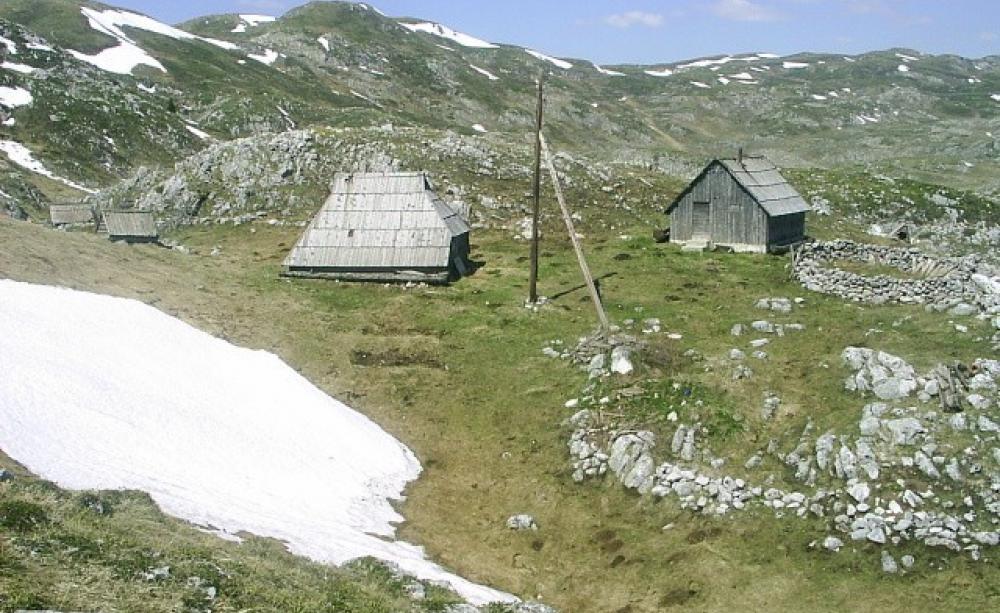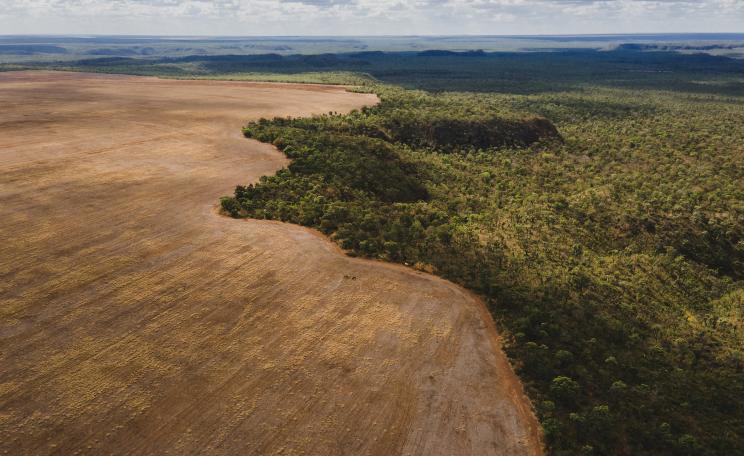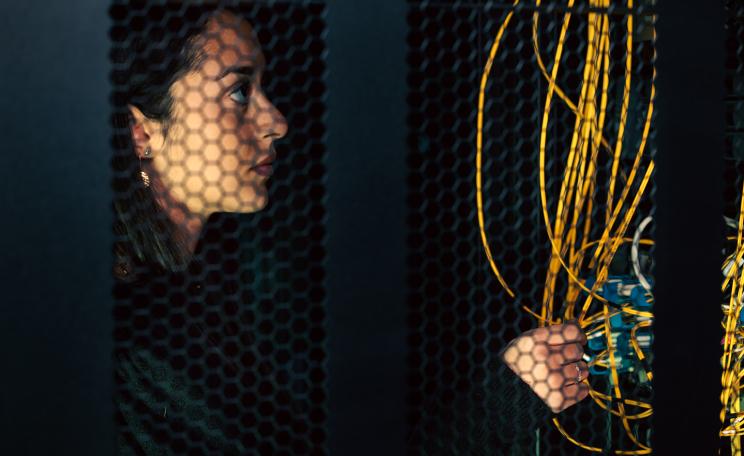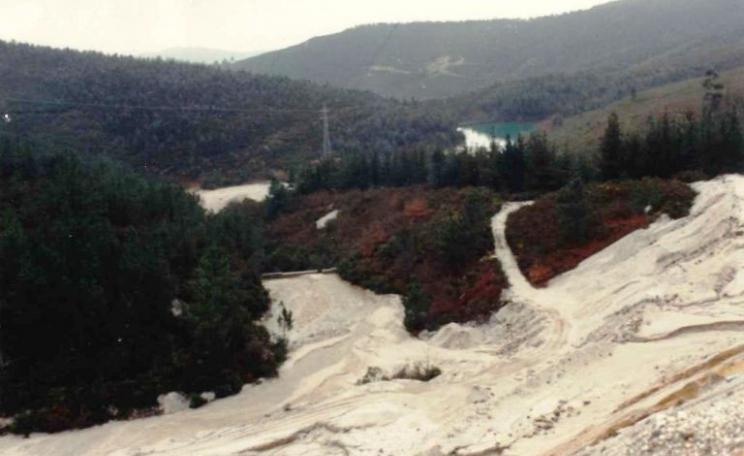We are ready to die for our mountain and that is why we will not allow anyone to kill and poison it.
Sinjajevina is the Balkans’ biggest mountain grassland. It is home to more than 22,000 people and its pastures are used and managed communally by eight different Montenegrin tribes. The Sinjajevina-Durmitor mountain range is part of a natural park and is bordered by two UNESCO World Heritage sites.
But now the environment and the livelihoods of those traditional communities are in imminent danger: the Montenegrin government, supported by important NATO allies, has established a military training ground in the very heart of these community lands.
The government has also halted a planned regional park for the protection of nature and culture, severely threatening its unique ecosystems and local communities.
Blockade
150 activists and local community members have blocked the access to pastures in response to the imminent threat to their homes, livelihoods and beloved grasslands. They are refusing to grant access to the military and NATO personnel.
Acting as human shields and camping in freezing temperatures, activists have been successful in forcing the postponement of military trainings for two weeks and counting.
The activists' goal is to resist the occupation of Sinjajevina until the 11th November, when a new Montenegrin government will be put in place.
Activists have also launched an AVAAZ petition, and last week the Save Sinjajevina Association organised last a protest in front of the Parliament of Montenegro in order to draw grab the attention of European Commissioner for Neighborhood and Enlargement, Oliver Varhelji, who was on an official visit in Podgorica (Montenegro’s capital).
The protest gathered cattle breeders and independent citizens, in full accordance with the measures against COVID19. After Oliver Varhelji left the Parliament building, demonstrators were met in the street by representatives of two of the three future parties that will come to power from November, after September's elections.
Zdravko Krivokapić, the future Prime Minister of Montenegro told the activists that they are truly committed to an ecological Montenegro and that they wish to solve the problem of Sinjajevina.
We are ready to die for our mountain and that is why we will not allow anyone to kill and poison it.
Threat
NATO's Secretary General, Jens Stoltenberg, has refused to comment on specific military locations. But, in the eyes of local campaigners, has confirmed his organisation's support for the military instalment at Sinjajevina by insisting that "armed forces must carry out military exercises”, while balancing this need with conservation.
Despite the transfer of power and huge support for Sinjajevina, the Montenegrin army has begun visiting locals in their homes and fields in recent last weeks.
With no prior warning, they have been telling residents of highland settlements in Sinjajevna to leave their homes and remove their cattle from the pastures so that the army can begin operations in a poorly-defined military zone declared on 27 September 2019.
Local farmers of the Save Sinjajevina Association have stated that, as defenders of Sinjajevina, they will not allow this military landgrabbing, at the cost of their lives.
In a recent statement, they write: “We are ready to die for our mountain and that is why we will not allow anyone to kill and poison it. That is why the association Save Sinjajevina is preparing for actions for every day of the military occupation, such as standing on the main access roads and not allowing the army to reach our pastures.”
Uncertainty
In a moment of political flux, Sinjajevina's defenders are standing firm and buying time in order that wiser, greener decisions might prevail as power shifts in Montenegro.
But as the winter snows begin to arrive, the defenders of these pastures are asking for further international support: “We are now not so many people on the mountain anymore, around 50 last night. We are exhausted and cold, we need all the urgent international help possible!”
This Author
Marianne Brooker is co-editor of The Ecologist. This article is adapted from a press release written by the Save Sinjajevina Campaign (Save Sinjajevina Association, Land Rights Now, ICCA Consortium, International Land Coalition, Common Lands Network, and other scientific and communicative partners).







